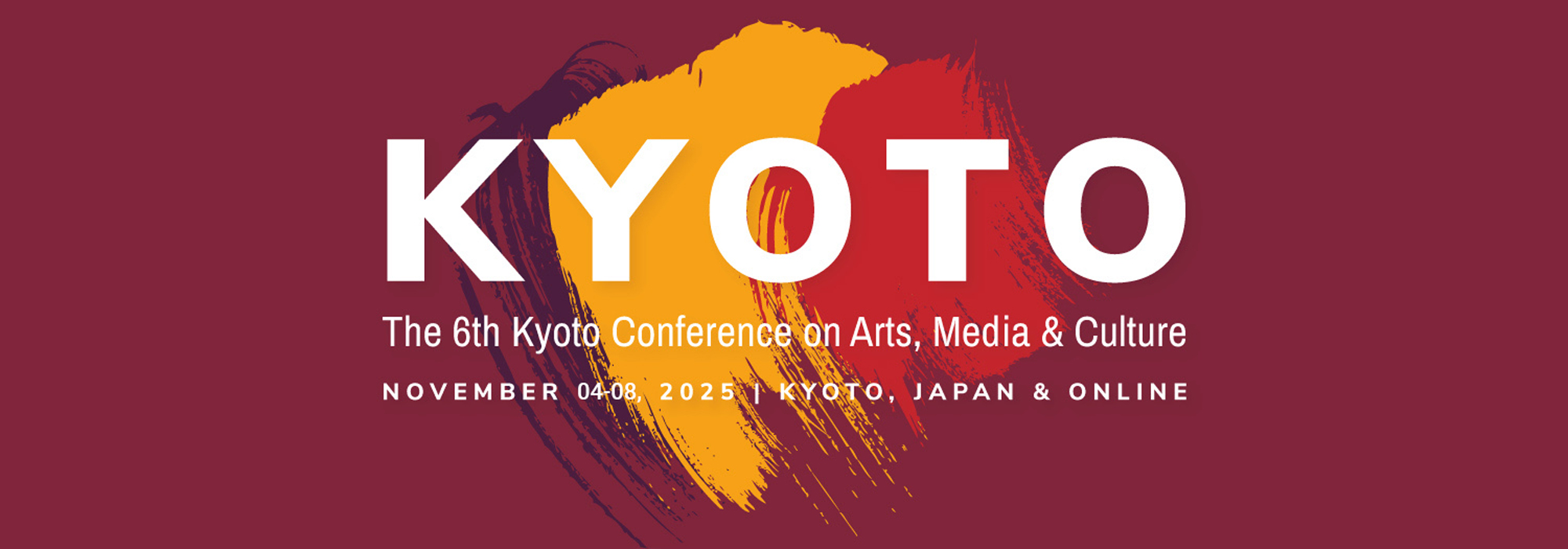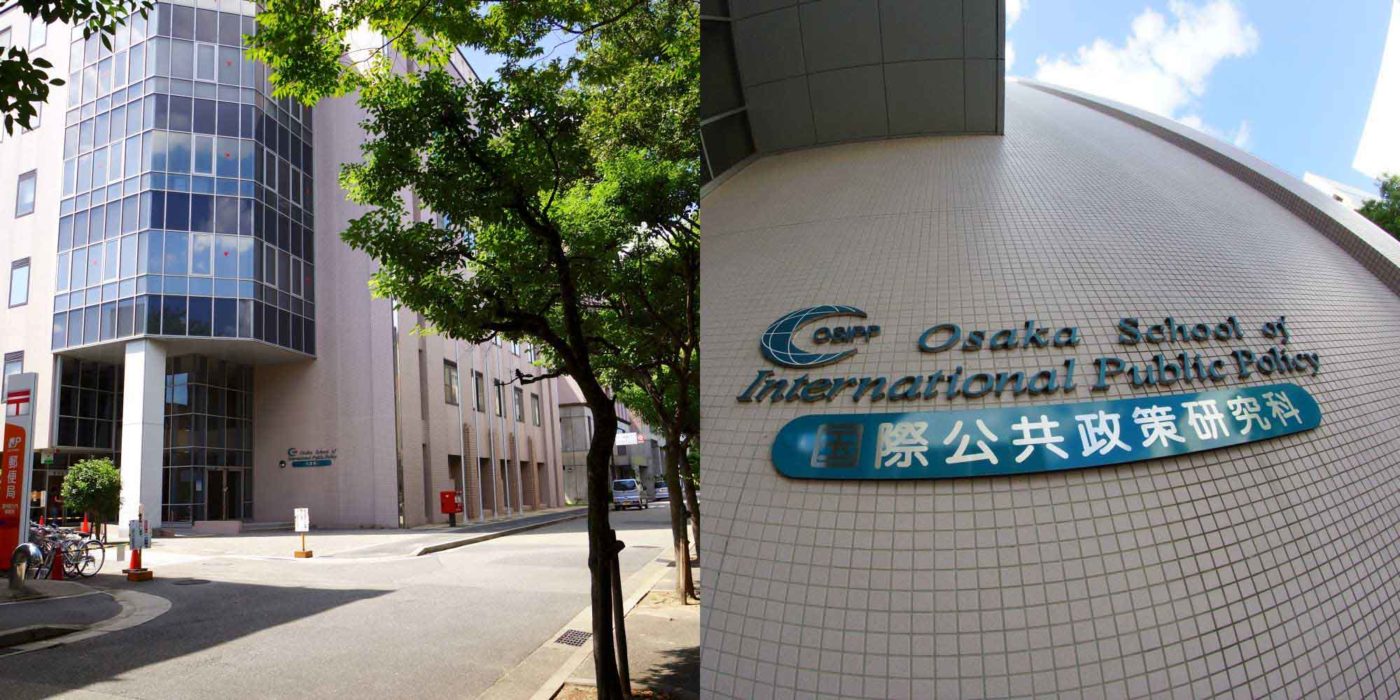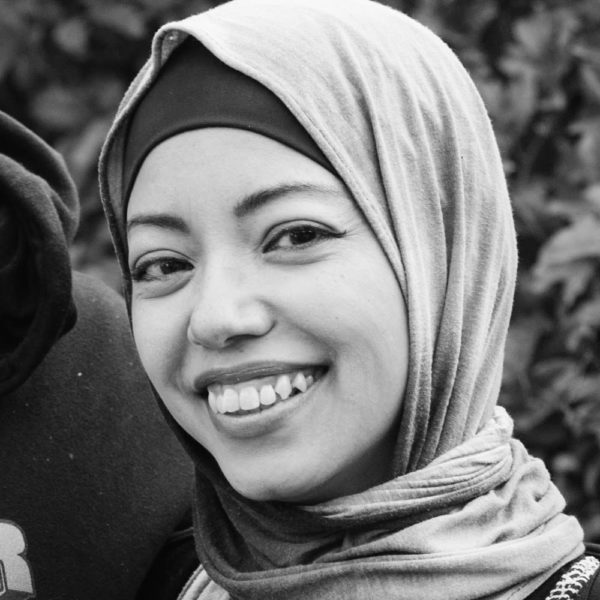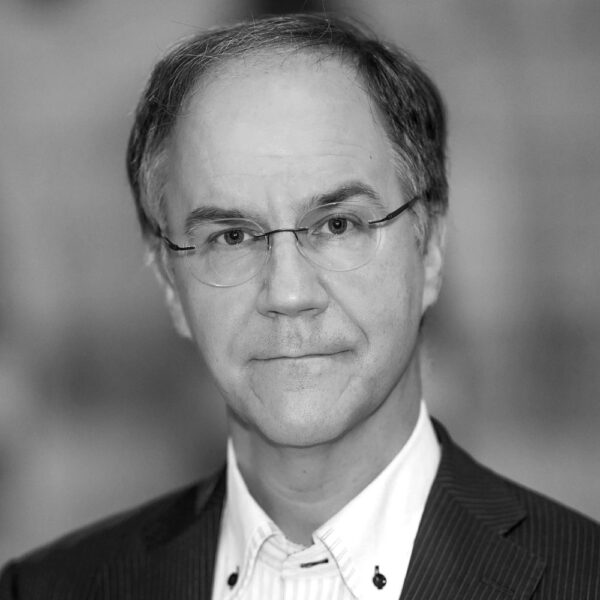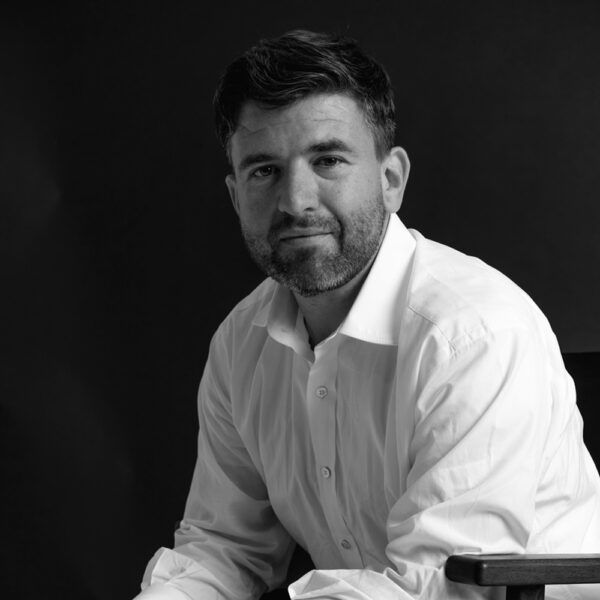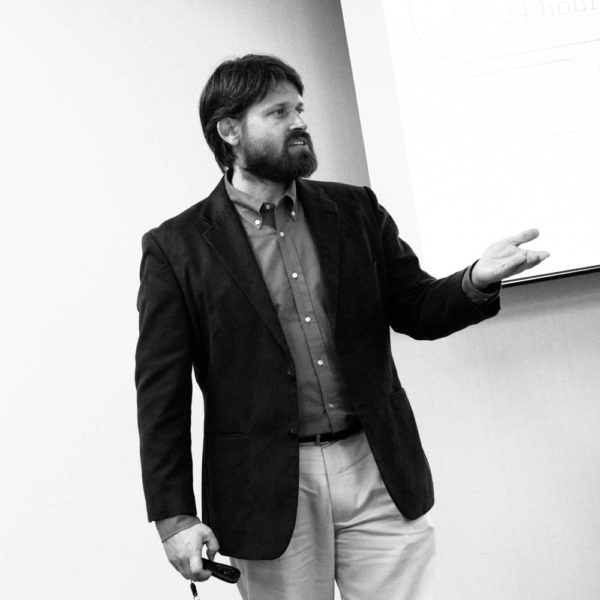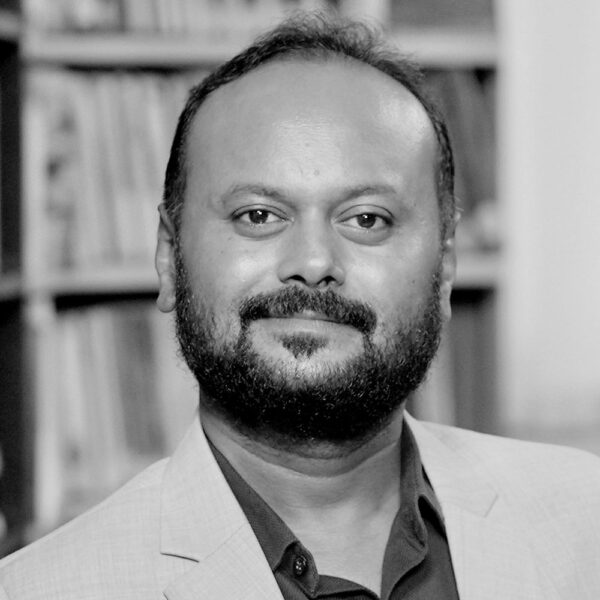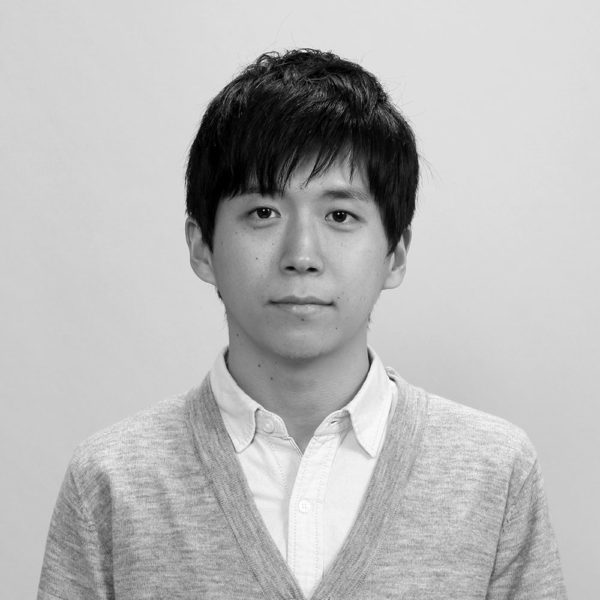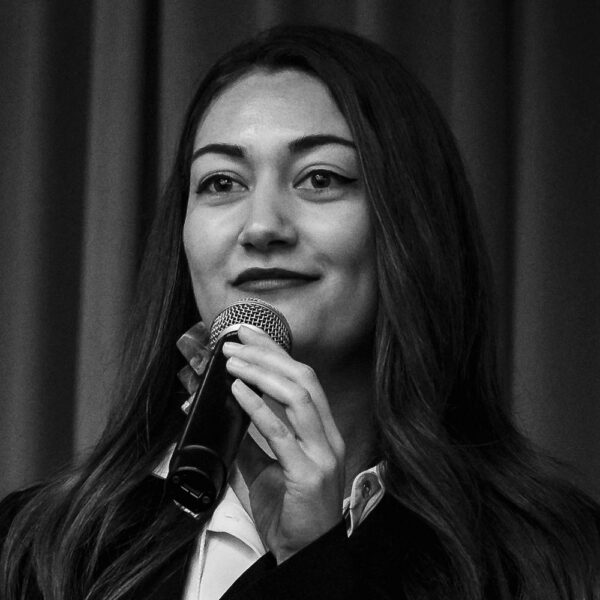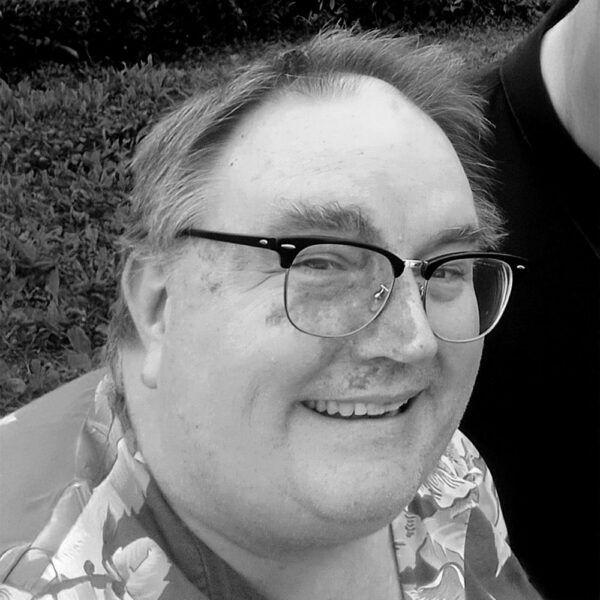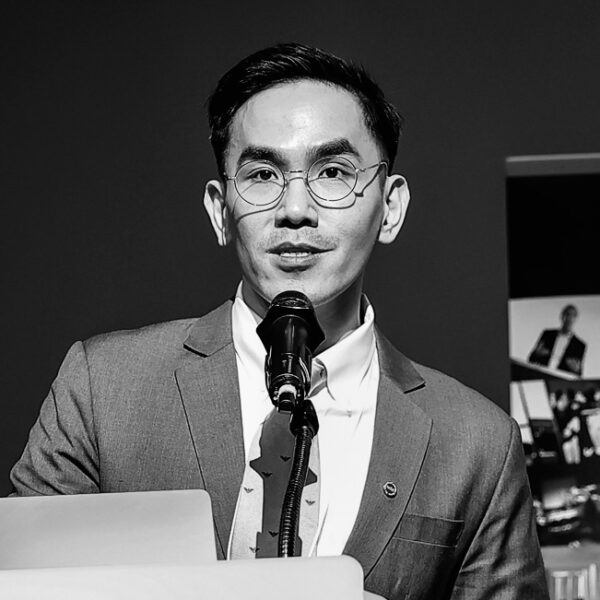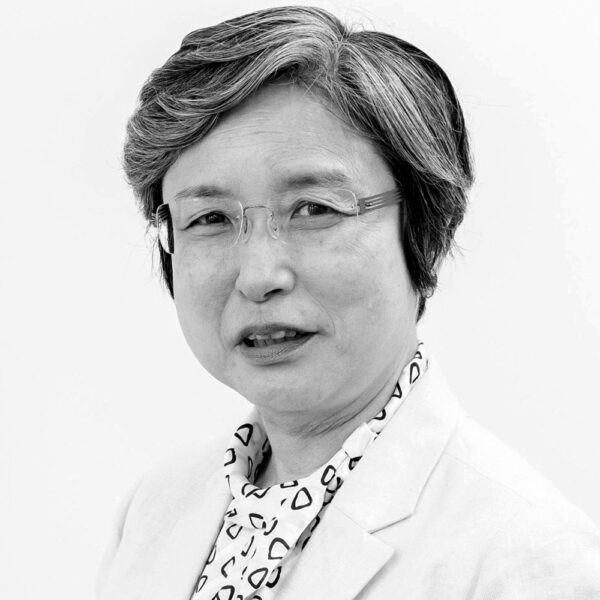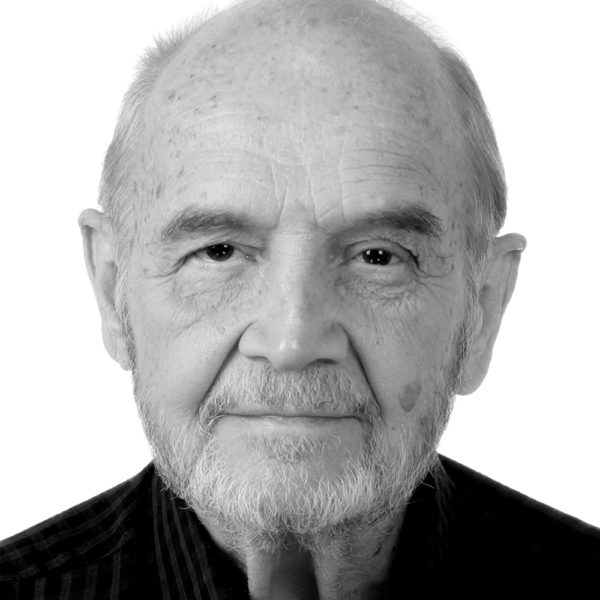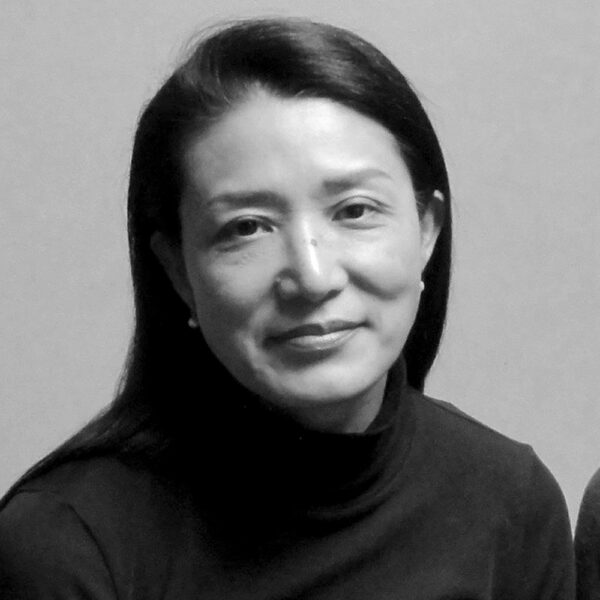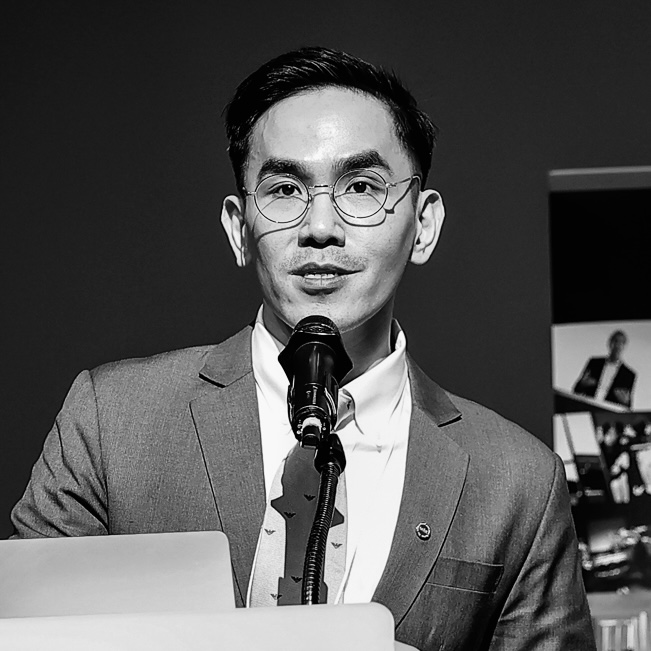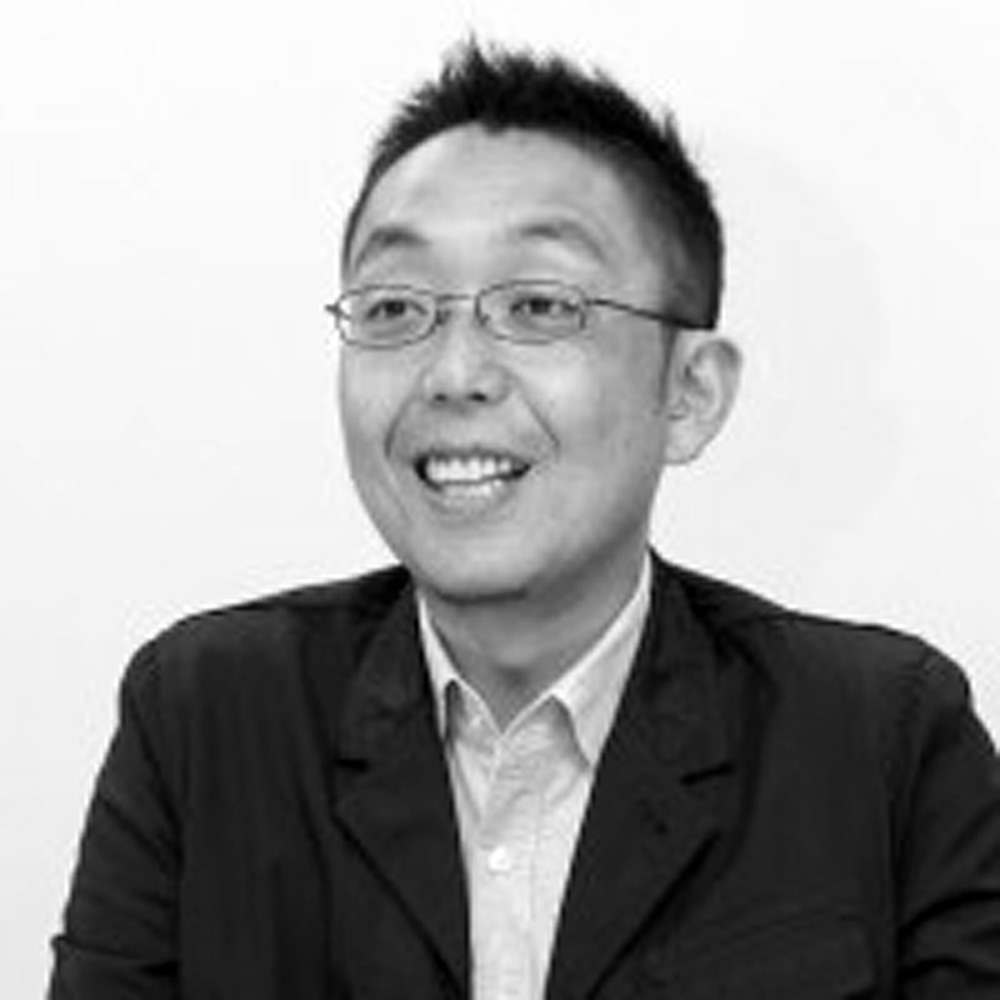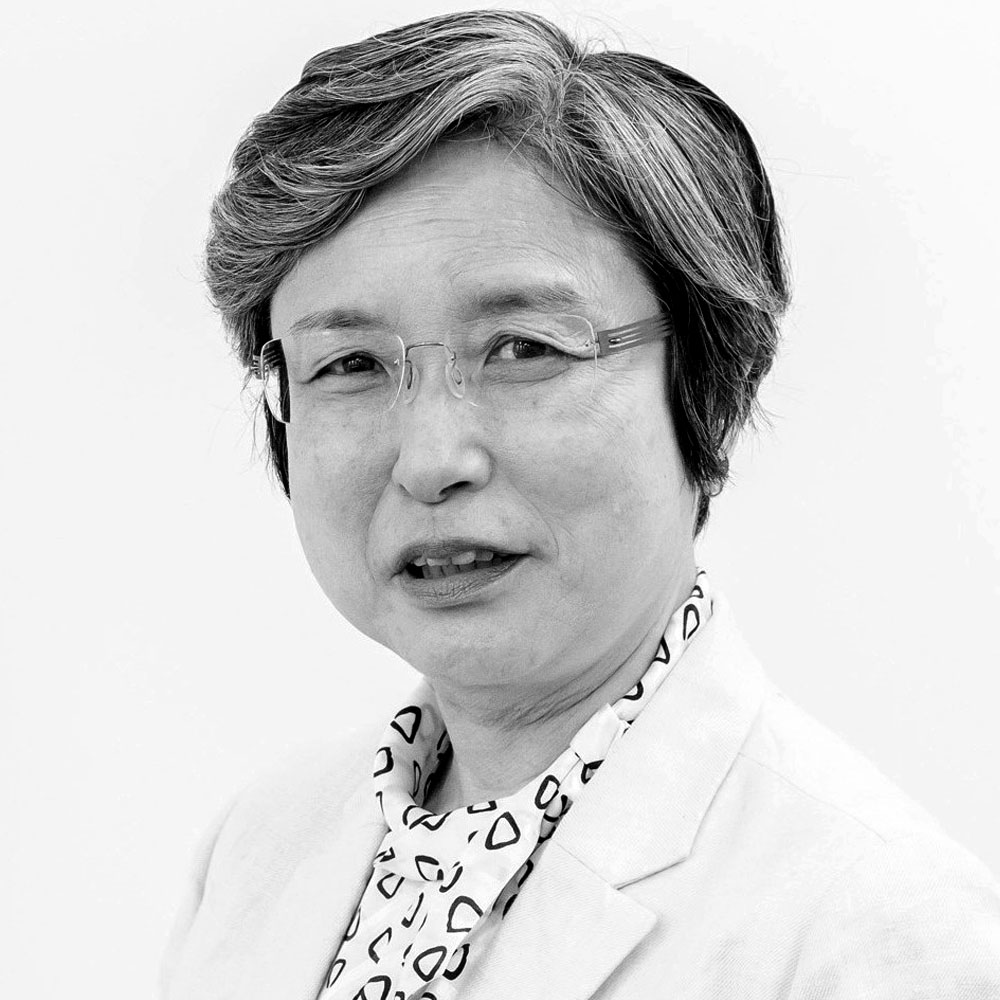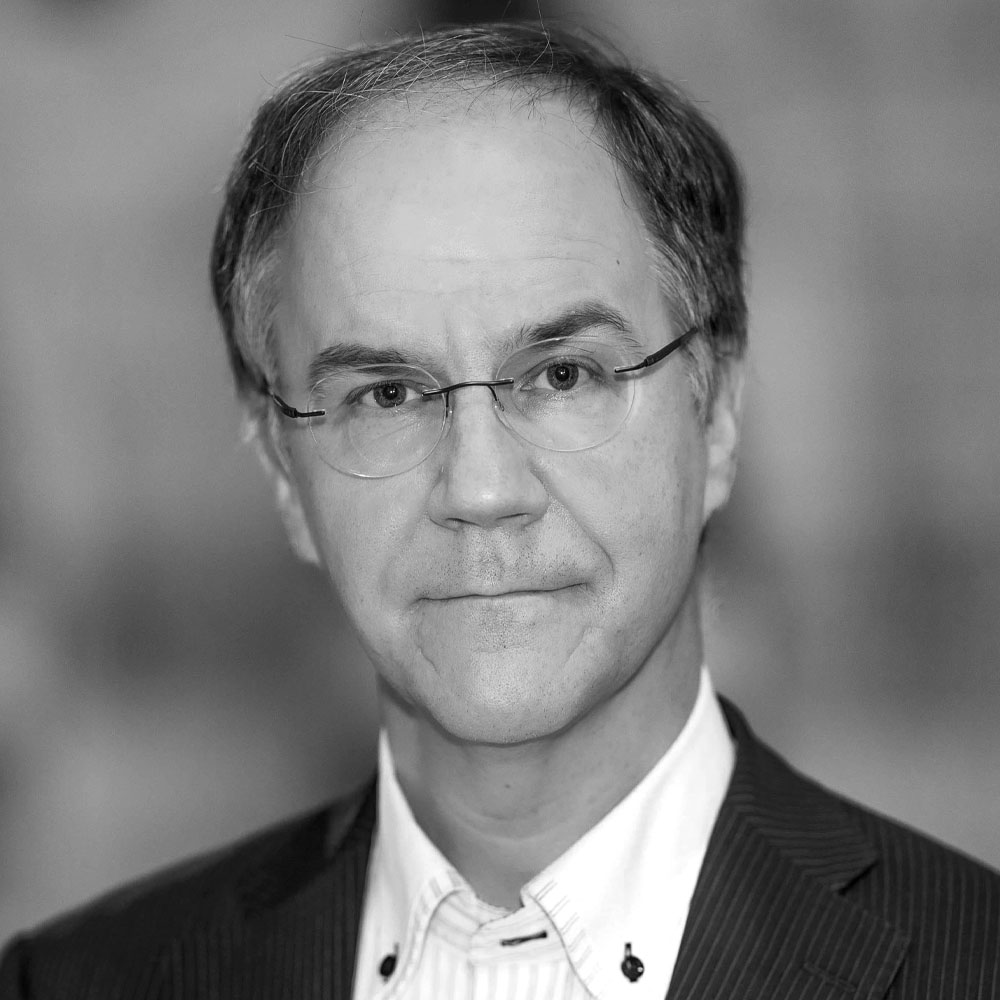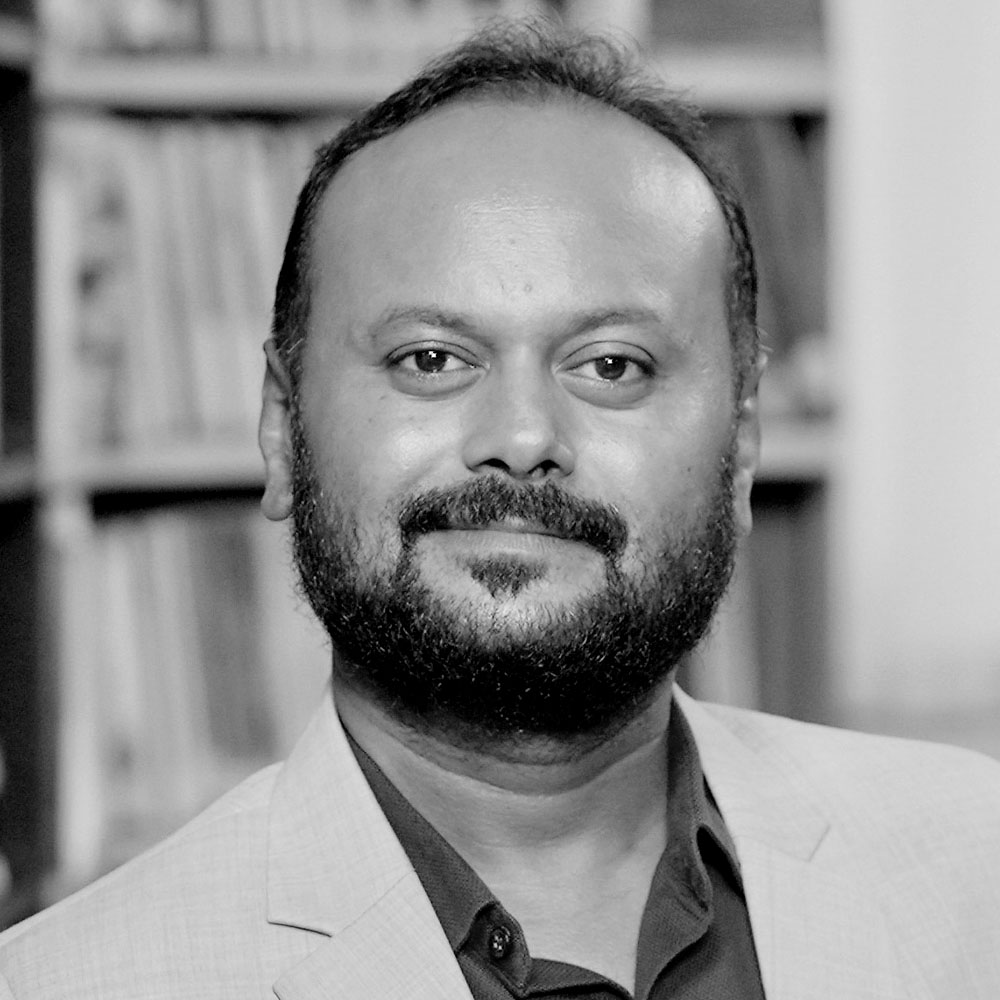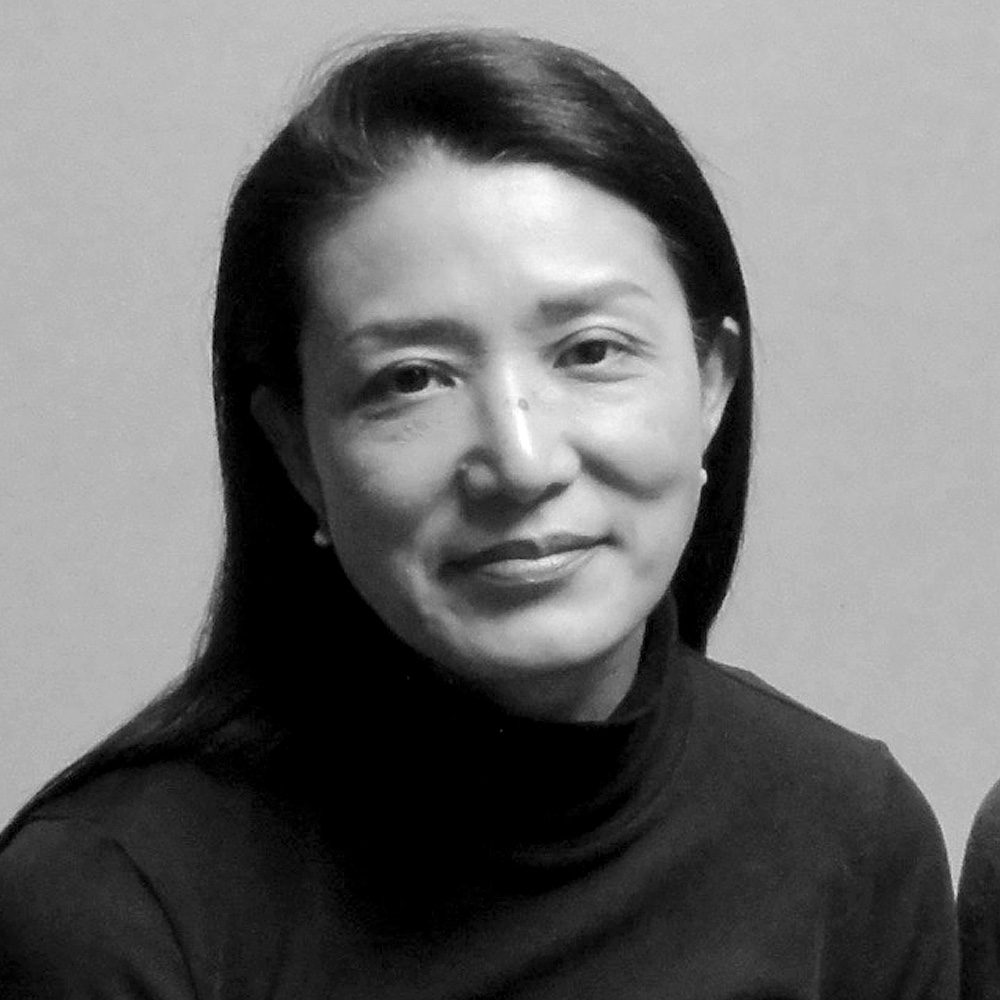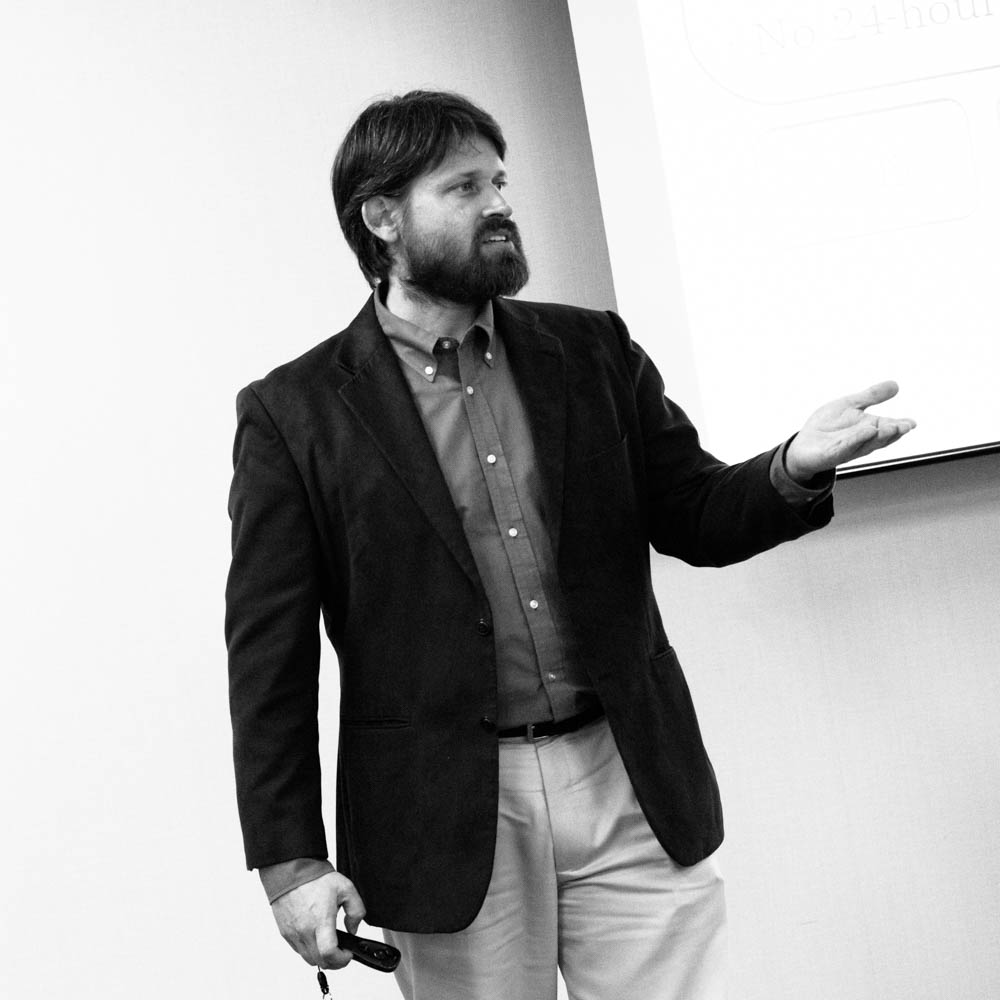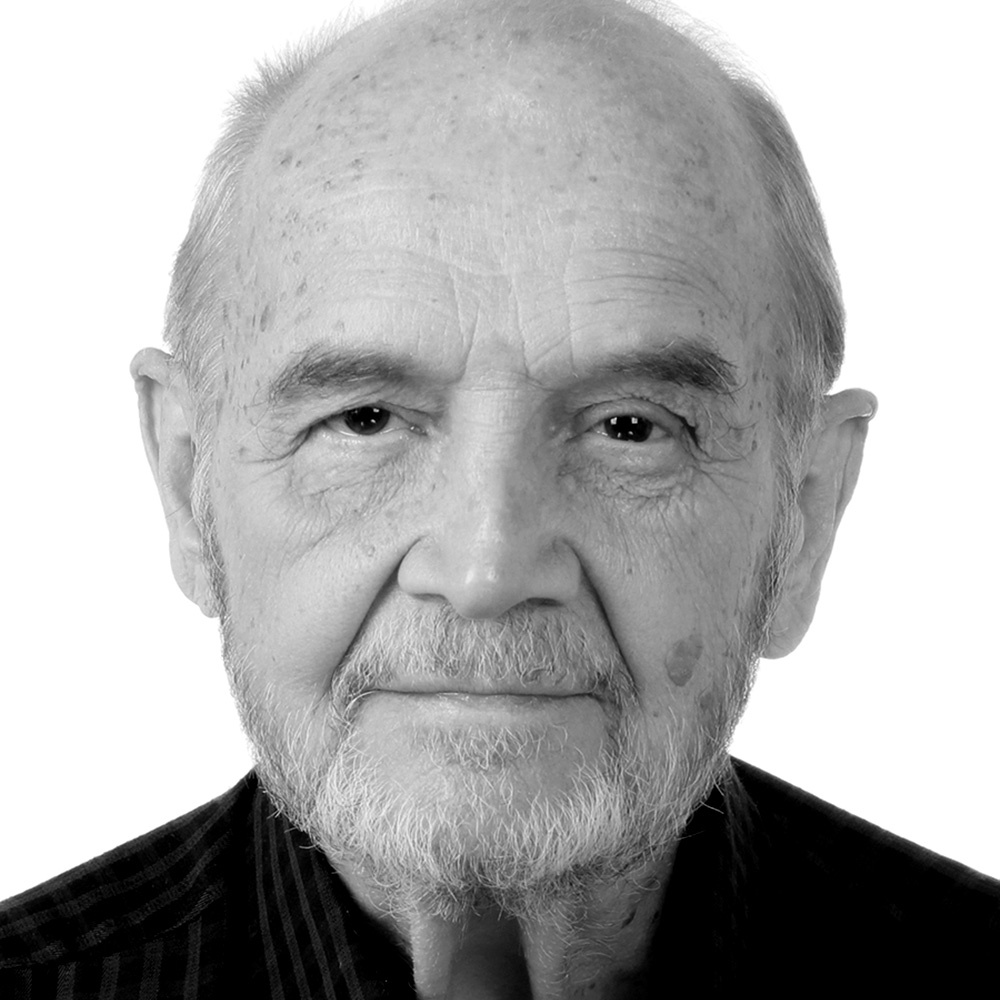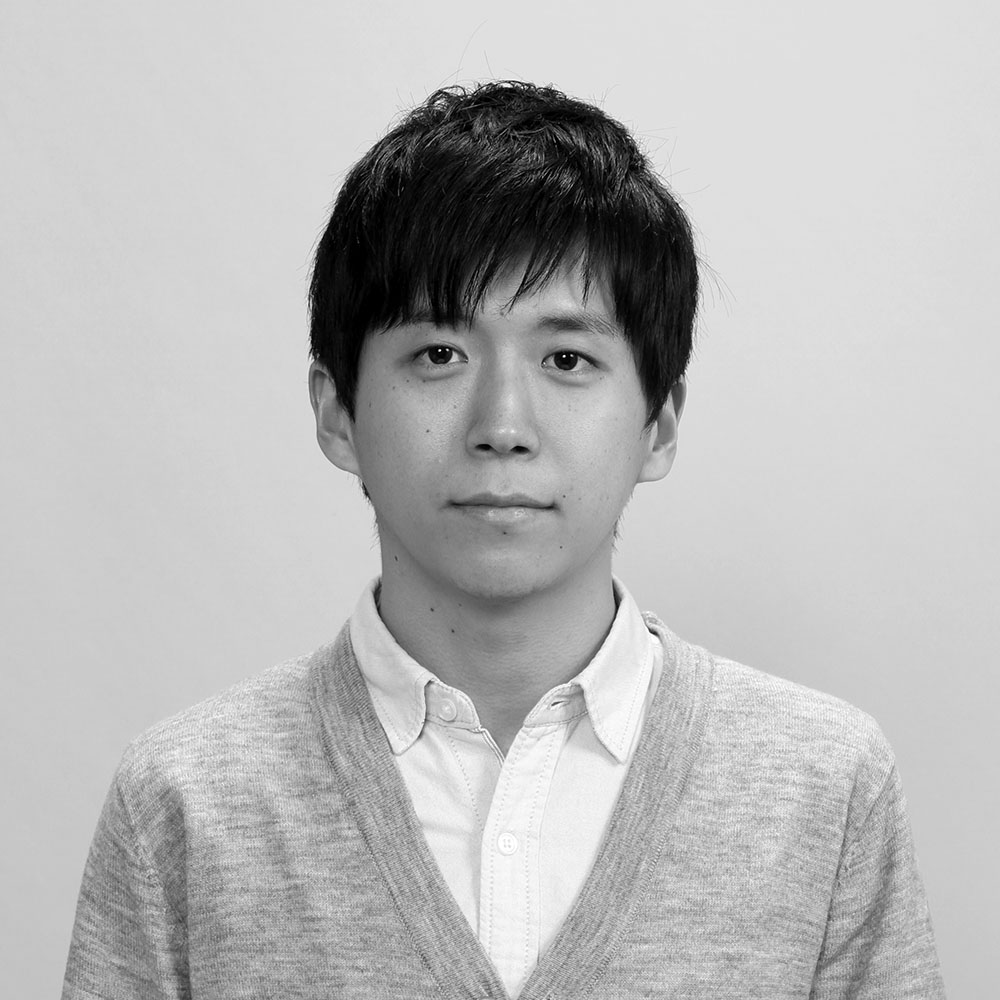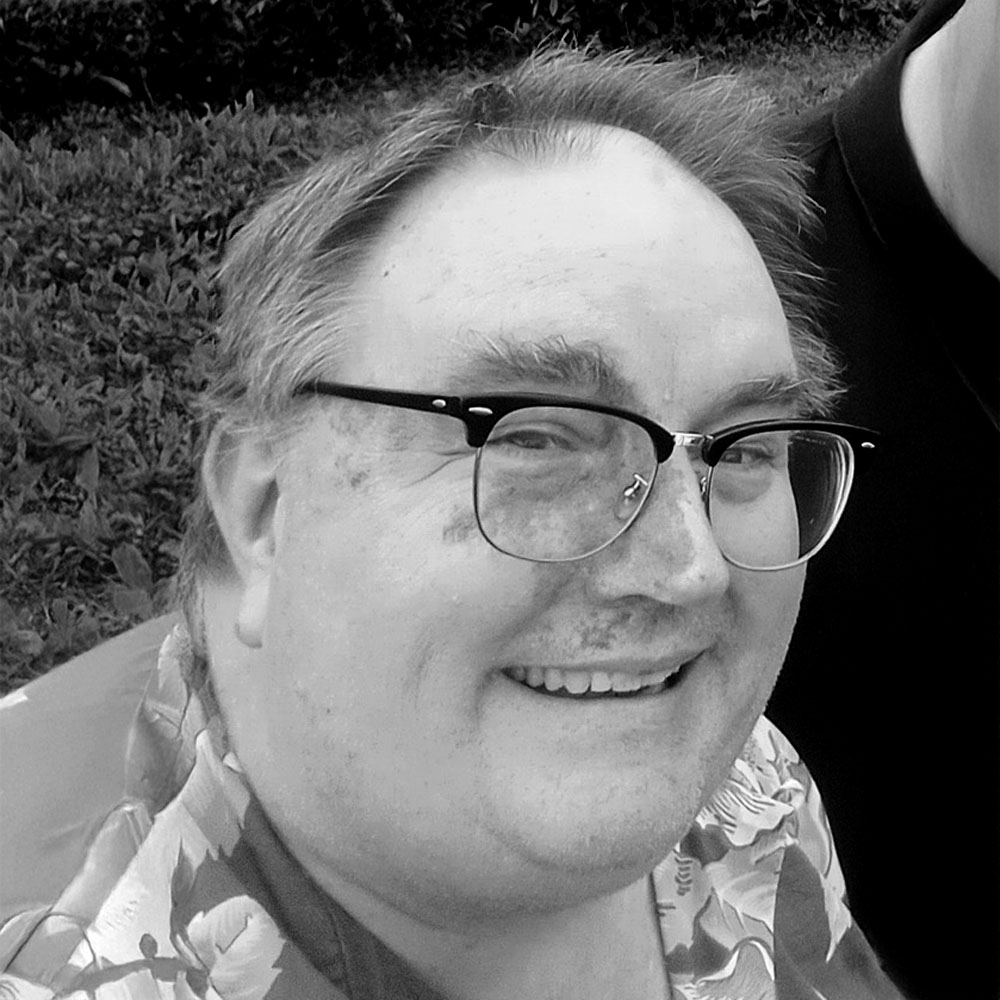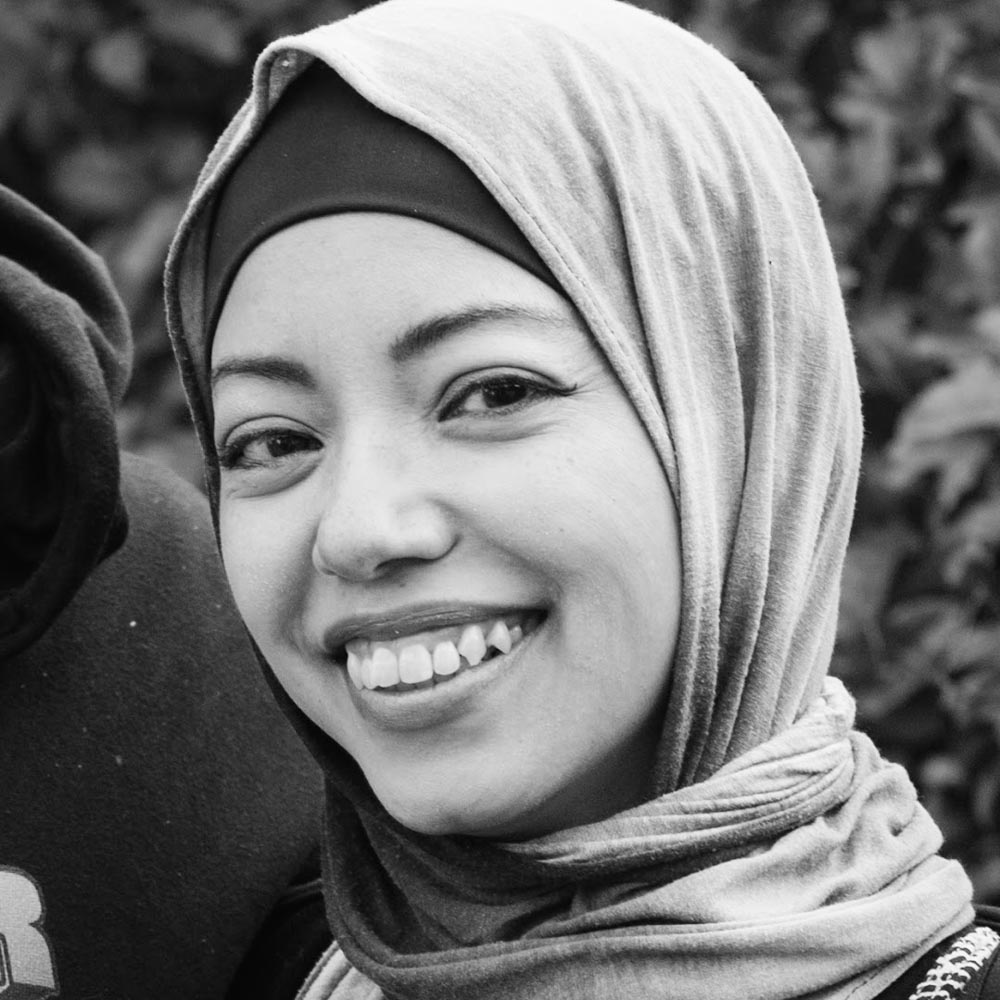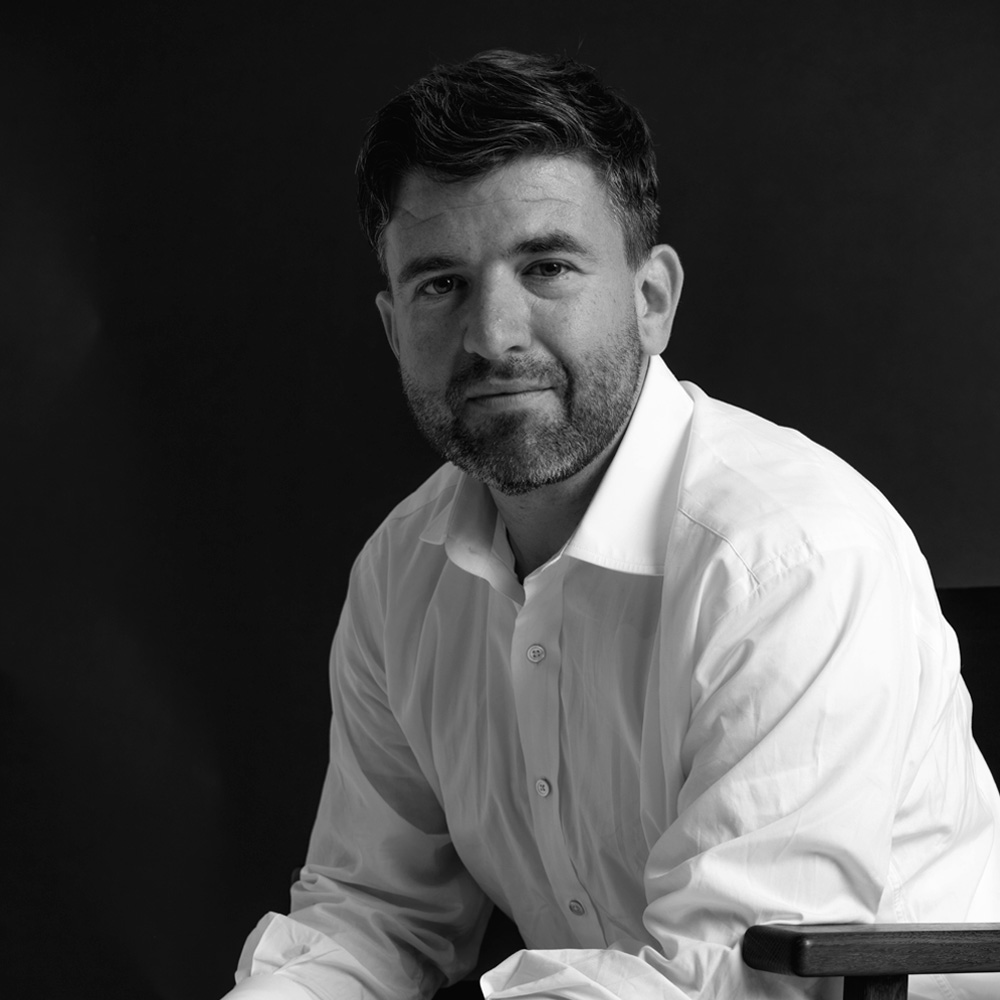Speakers at The 6th Kyoto Conference on Arts, Media & Culture (KAMC2025) will provide perspectives from a variety of academic and professional backgrounds.
The 6th Kyoto Conference on Arts, Media & Culture (KAMC2025)
November 04-08, 2025 | Held at the Kyoto Research Park, Kyoto, Japan, and Online

KAMC2025 encourages academics and scholars to meet and exchange ideas and views in an international forum stimulating respectful dialogue. This event will afford an exceptional opportunity for renewing old acquaintances, making new contacts, networking, and facilitating partnerships across national and disciplinary borders.

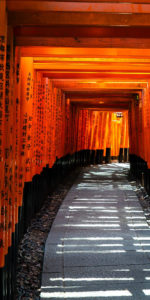
IAFOR's unique global platform facilitates discussion around specific subject areas, with the goal of generating new knowledge and understanding, forging and expanding new international, intercultural and interdisciplinary research networks and partnerships. We have no doubt that KAMC2025 will offer a remarkable opportunity for the sharing of research and best practice and for the meeting of people and ideas.
The 6th Kyoto Conference on Arts, Media & Culture (KAMC2025) will be held alongside The 16th Asian Conference on Media, Communication & Film (MediAsia2025). Registration for either conference will allow delegates to attend sessions in the other.
We look forward to seeing you in Kyoto!
– The KAMC2025 Programme Committee
KAMC is organised by IAFOR in association with the IAFOR Research Centre at the Osaka School of International Public Policy (OSIPP) in The University of Osaka, Japan.
- Venue & Location: Held at the Kyoto Research Park, Kyoto, Japan, and Online
- Dates: Tuesday, November 04, 2025 to Saturday, November 08, 2025
- Early Bird Abstract Submission Deadline: May 30, 2025*
- Final Abstract Submission Deadline: August 01, 2025
- Registration Deadline for Presenters: September 12, 2025
*Submit early to take advantage of the discounted registration rates. Learn more about our registration options.
The KAMC Organising Committee welcomes papers from a wide variety of interdisciplinary and theoretical perspectives relating to Arts, Media and Culture. For information about streams, please click here.
Plenary Speakers
-
Nasya BahfenLa Trobe University, Australia
-
Aaron GerowYale University, United States
-
Joseph HaldaneThe International Academic Forum (IAFOR), Japan
-
Virgil HawkinsOsaka University, Japan
-
Padmakumar KManipal Academy of Higher Education, India
-
Yutaka KuboKanazawa University, Japan
-
Melina NeophytouThe International Academic Forum (IAFOR), Japan
-
Nobuyuki OkumuraMusashi University, Japan
-
Timothy W. PollockOsaka Kyoiku University, Japan
-
Apipol Sae-TungThe International Academic Forum (IAFOR), Japan
-
Reiko TsuchiyaWaseda University, Japan
-
Brian VictoriaOxford Centre for Buddhist Studies, UK
-
Mitsuyo Wada-MarcianoKyoto University, Japan
IAFOR's Conference Themes for 2025-2029
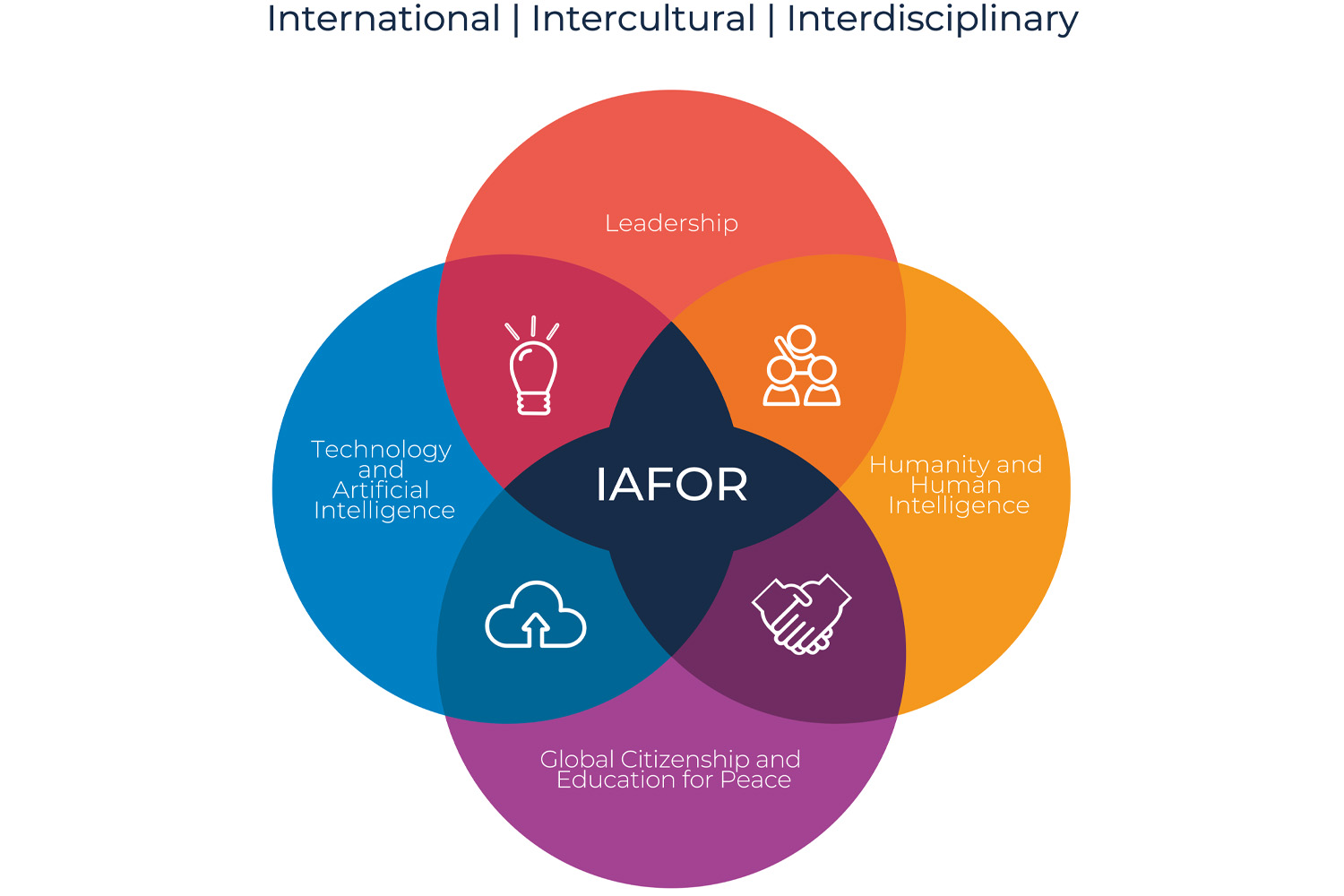
Our four themes can be seen as standalone themes, but they are also very much in conversation with each other. Themes may be seen as corollaries, complementary, or in opposition/juxtaposition with each other. The themes can be considered as widely as possible and are designed, in keeping with our mission, to encourage ideas across the disciplines.
Read Last Year's Conference Report
About Kyoto and the Kansai Area
Kyoto is one of the most storied and beautiful cities, and was the capital of Japan for over a thousand years from 794 until 1868.
The Kansai area, 500 km east of Tokyo, boasts the cities of Kyoto, Osaka, Kobe, and Nara. Kansai represents the inherent strength (sokojikara) of Japan as the vortex of Japan’s cultural, political and commercial activities for nearly 13 centuries. In times past Kyoto and the older capital Nara were the repositories of religion, knowledge, technology, and civilisation that reached Japan by way of the Silk Road. Osaka has been the biggest commerce centre since the Edo period (1603 – 1868), pioneering in futures trade and giving birth to many large trading houses that would provide the social capital for rapid industrialisation in the Meiji era (1868 – 1912). Even though the capital has moved to Tokyo, Kansai continues to flourish in this rich cultural heritage and tradition of innovative thinking, as a place where East mingles with the West over time and space in ways that Tokyo cannot match.
Conference News

IAFOR Grant and Scholarship Recipients: The 6th Kyoto Conference on Arts, Media & Culture (KAMC2025)

Accepted Presentations

Conference Report and Intelligence Briefing: KAMC/MediAsia2024
About IAFOR
"Inspiring Global Collaborations"
Founded in 2009, The International Academic Forum (IAFOR) is a mission-driven politically independent non-partisan and non-profit organisation dedicated to encouraging interdisciplinary discussion, facilitating intercultural awareness and promoting international exchange, principally through educational interaction and academic research. Based in Japan, its main administrative office is in Nagoya, and its research centre is in the Osaka School of International Public Policy (OSIPP), a graduate school of The University of Osaka. IAFOR runs research programs and events in partnership with universities, think tanks, and other associations. Through its international, intercultural and interdisciplinary conferences, research, and publications, IAFOR is a network hub for interdisciplinary discussion across Asia and beyond.
Read more about IAFOR.
